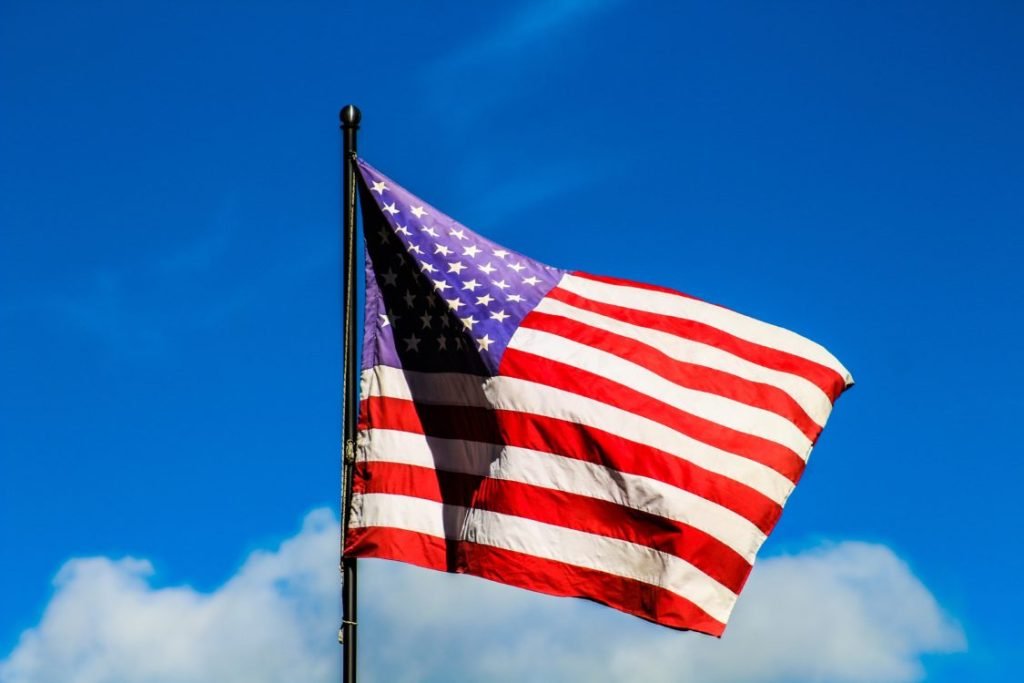A possible policy change in the H-1B process could be coming. On November 30, 2018, the Department of Homeland Security (DHS) announced a proposed rule that would require petitioning employers who want to file H-1B cap-subject petitions to register electronically with USCIS during a designated period. The proposed rule would also reverse the order of how H-1B cap-subject petitions would be selected in the lottery. On December 3, 2018, the proposed regulation was published, and public feedback will be allowed until January 2, 2019.
Under this potential new regulations, employers would have to register electronically with USCIS during a designated time period. It would begin at least 14 calendar days before April 1st, which is when the H-1B cap-subject petition filing window opens for the fiscal year and would remain open for at least 14 calendar days.
USCIS would then conduct the lottery and pick from the employers who timely registered. If an employer is picked, it would be notified that they are eligible to file an H-1B petition within a certain time period, which would be at least 60 days. This proposed rule also states that the employer could wait to see if they have been picked before filing the H-1B petition on behalf of the beneficiary named in the registration. USCIS would also hold some unselected registrants in case petitions end up getting rejected or reopen registrations if more cases are needed to fill the quota.
There are some concerns about this new possible process. Here are some of them:
- Since it appears to be fairly easy for an employer to do the registration, some employers may register many positions that might not ultimately qualify for an H-1B, or that might be abandoned. It could create uncertainty for employers whose registrations are not initially selected, making it difficult for them to effectively plan to fill their workforce needs.
- While at the outset, prioritizing advanced degrees might seem like a good idea, the unintended consequences it may create will affect jobs that generally do not require a master’s degree, such as public education, accounting, and architecture.
The second major change is the reversal of the order in how H-1B petitions under the H-1B cap and the advanced degree exemption will be picked in the lottery. The current procedure is that the advanced degree exempt petitions are selected before the regular H-1B cap-subject petitions. The proposed rule would reverse this. All applicants, regular H-1B and advanced decree applicants, would be put in the general pool. Then, once that quota has been met, USCIS would select the advanced degree exemption petitions to fill the advanced degree exemption quota. This reversal would increase the number of selected beneficiaries with a master’s degree or higher to 16%.
USCIS has stated the would like to implement the new procedures for the upcoming H-1B filing period, April 1, 2019, but it may not be likely given the tight deadlines. Since we are unsure if this will be implemented in time, employers who are wanting to file H-1Bs should prepare H-1B cap-subject petitions as they have in the past. I will be following this and will be posting updates as they come up.
You can find the actual proposed regulation here.



